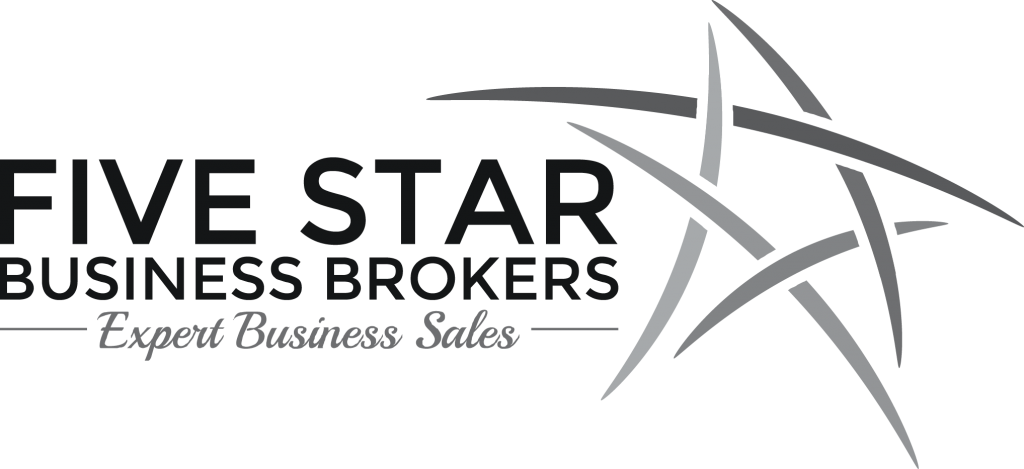Business Loan Brokers Help Fund Businesses
Business loan brokers (or commercial loan brokers) help business owners qualify for and receive commercial loans that suit their unique business financing needs. The business loan brokers are paid a percentage of the loan that the business owner receives. Such commercial loans have a role to play when businesses are in need of financing. But business owners should use caution of incurring high interest rate debt and must remember that the debt must generally be paid off at closing when selling the business.
Commercial Lenders Require Collateral
- The lender of commercial loans may be traditional banks, non-traditional banks, or credit unions.
- The collateral which the lender receives may be based on the owner’s credit and the collateral of the business itself such as its accounts receivables or equipment value.
- For lending that is secured from the intangible assets of the business, the business-loan applicant must show the lender their financials such as tax returns, bank statements, or profit and loss reports.
Commercial Lenders May Charge High Interest Rates
Traditional lenders (such as banks) charge an average of 3-7% for business loans. Loans backed by the Small Business Administration (SBA) average around 6%. Of course, if interest rates rise in the future and the loan is variable (or tied to the prime rate for example), then such loans become more risky. Non-traditional lenders (such as online lenders or alternative lenders) are easier and faster to obtain, but come with far higher interest rates averaging 13-71%.
Accounts Receivable Lending May Be Advantageous for Business Sales
- Accounts receivable lending – or factoring – is one of the oldest financing mechanisms in the world.
- Essentially, accounts receivable lenders agree to pay the business owner a discounted price (starting as low as 5%) for their accounts receivable (or money owed to the business by various customers).
- The discounted price generally varies with the quality of the receivables such as its age and payment history.
- The receivables come off the business owner’s balance sheet and the business owner receives almost instant cash for the receivables.
- Instead of acquiring debt, the business sells an asset (the accounts receivable) and has higher cash flows as a result of the cash injections from the lender (which is generally treated as taxable revenue).
- This enhances the value of the business when it comes to sell because buyers place a premium on steady cash flow and dislike businesses with chronically high accounts receivable.
Buyers Generally Do Not Assume Debt for Business Sales
In a typical asset purchase deal, buyers form their own corporate entity and purchase the assets of the seller’s corporate entity. The seller is typically left with the debt of its corporate entity and such debt is not typically transferred to the buyer. For a stock purchase deal, the buyer purchases the seller’s corporate entity (through the purchase of company shares or membership interests) and thus automatically assumes the debt of the corporate entity.
Parties May Negotiate Assumption of Debt
The parties may of course negotiate the debt in question, but a buyer normally purchases a business ‘debt free’. There are exceptions for vehicle debt and debt associated with large pieces of equipment, which are more commonly transferred to the buyer. The information disclosed to a buyer should mention whether the asking price includes debt that the buyer is being asked to assume. That way there will be no surprises and a buyer can make their offer accordingly. The parties may then negotiate the assumption of the debt just as they negotiate other aspects of the deal.
Sellers Should Prepare to Pay Off Business Debt
When determining their proceeds from a business sale, the seller of the business should always calculate their net proceeds after all other costs such as attorney fees, accounting fees, broker fees, and taxes. If the seller does have to pay off their business debt at closing, then their net proceeds must also be reduced by this cost. Thus if the seller builds up a large amount of business loan debt, eventually such debt will have to be paid off when it comes time to sell the business.
Business Debt A Short Term Solution and Caution Is Advised
While business loan funding may be a short term solution necessary for business owners needing financing, caution should always be used. This is especially true when using non-traditional lending with higher interest rates and more risk. Business owners should also be advised that business debt is typically paid off by the seller at closing.
Give Martin at Five Star Business Brokers of Palm Beach County a call today for a FREE evaluation of your business and to discuss how business debt may affect the sale of your business.
